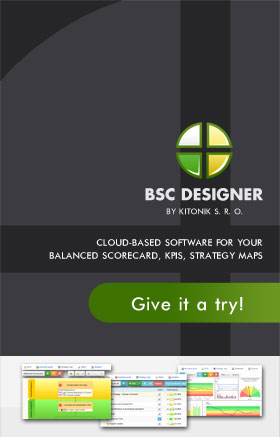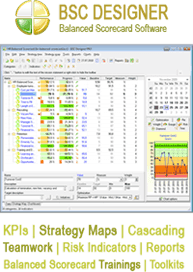The Development of the Financial Scorecard
A lot of businesses have had to contend with learning valuable lessons the hard way. In fact, most of the time, it has taken a lot of years for management principles to develop, particularly the financial scorecard. Many businesses think they can do away without the development and the use of such a scorecard when this is quite an antiquated principle already. In fact, when you look at the biggest and strongest contenders in the worldwide market today, you will find that what these large and powerful companies have in common is their utilization of the scorecard. Even hospitals and clinics make use of them.
When it comes to the financial aspect of a business, the scorecard is then used to gauge the company’s performance is – in the aspect of revenue, that is. Clear targets need to be set to give the managers an accurate and objective performance gauge to check if the business is indeed earning profitably or not. This managerial tool gives business leaders the opportunities to develop plans of action, if need be, as well as the avenues to make wise decisions when it comes to choosing the direction that their enterprises should take.
Measuring financial success comes with the use of metrics as well – much like with the case of any other scorecard. The metrics may very well vary from one enterprise on to the next, but all of them would have the basics in terms of goals and output, as well as the principle that is utilized. These can be encompassed in terms of measuring the enterprise’s actually strength when it comes to its credibility and financial stability in the worldwide market.
Overhead expenses need to be measured firsthand, and these then should be compared against gross income or gross sales. But first, we need to define what overhead expenses are. These are actually the expenses that businesses pay for which do not really attribute to any particular business activity, like production and advertising expenses. A common example of this type of expense would be rent. Rent is not really a money-generating expenses right? However, if you do not pay the rent for your business to stay afloat, then you will not have any place for the production process that needs to take place. Another great example of an overhead expense would be insurance – fire insurance, to be more specific. You take out a fire insurance policy for your establishment and you end up paying premiums every month without these premiums earning interest at all. However, if a fire strikes your establishment, then this would be a worthy investment all on its own.
How you present your financial scorecard is also a matter to consider when you are still in the process of developing the tool. You many choose to present these expenses by division, or by overall income per division. Other choices include overall billable headcount per division and net and gross earnings by department or division. Whichever the case you choose, remember that all data and information you place and use with your scorecard play a very integral role in achieving financial success for your enterprise as a whole.
—
If you are interested in Financial Scorecard, check this web-site to learn more about financial roi.


